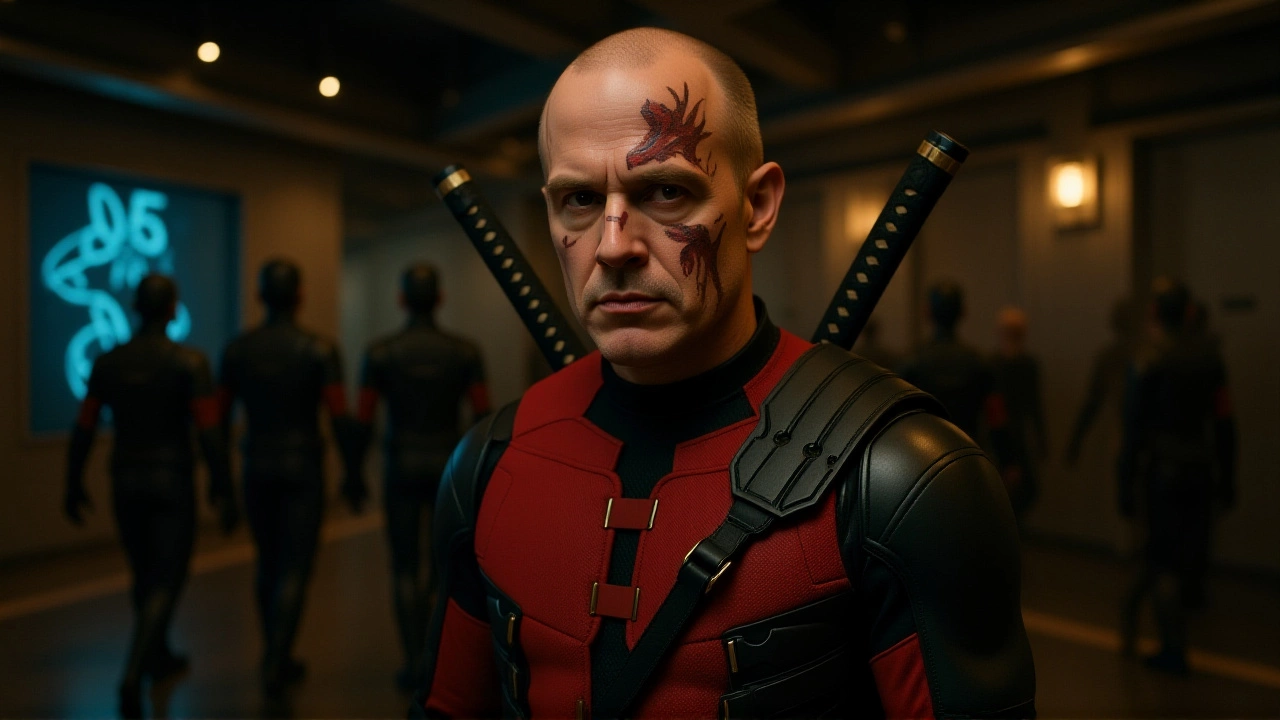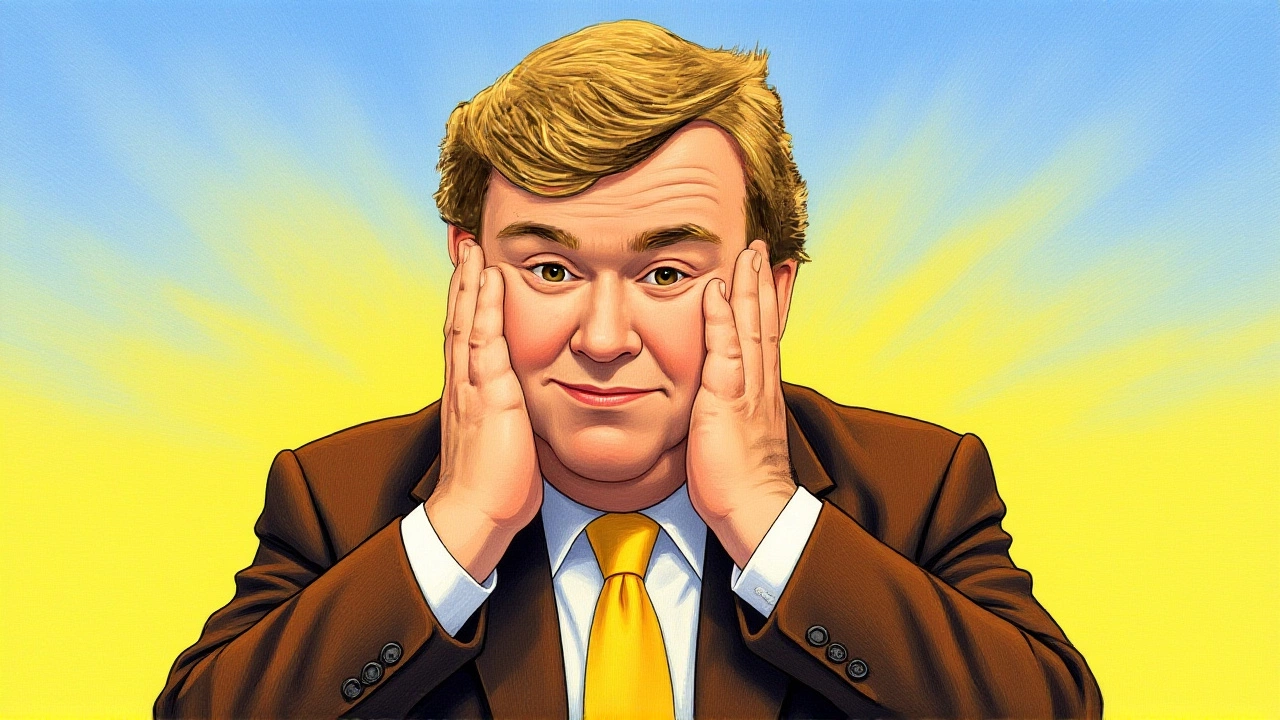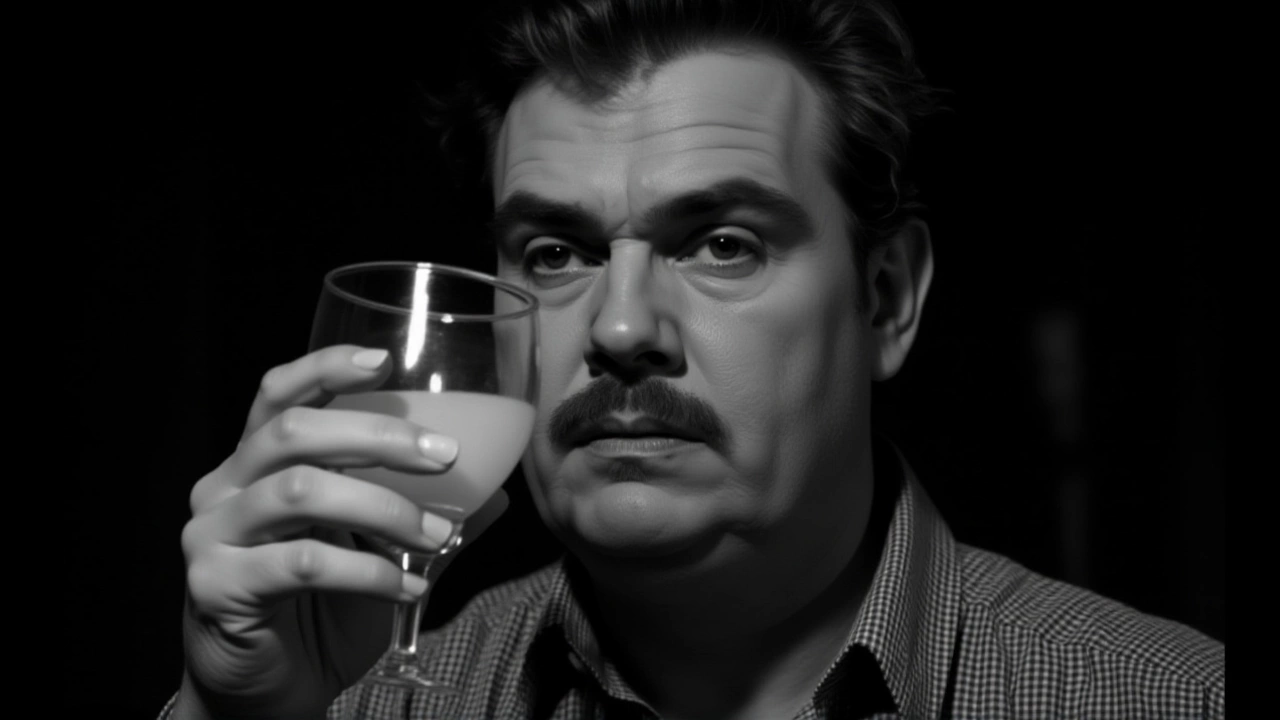The trailer for John Candy: I Like Me landed on September 4, 2025, and it didn’t just tease a film — it cracked open a window into the soul of one of comedy’s most beloved figures. Directed by Colin Hanks and produced by Ryan Reynolds through his Maximum Effort studio, the 1 hour and 53 minute documentary arrives exclusively on Amazon Prime Video on October 10, 2025, at 12:00 AM UTC. The footage, stitched together from never-before-seen home videos and raw interviews, doesn’t just celebrate John Candy — it asks us to sit with the man behind the laughter.
Why This Documentary Feels Different
Most celebrity documentaries lean on archival clips and talking heads. This one? It leans into silence. The trailer opens with a shaky 8mm clip of Candy, maybe 12 years old, grinning at a birthday cake, frosting smeared on his cheek. Then, a voice — his daughter Jennifer’s — says, “Hi, Daddy.” His reply, soft and warm: “Hi, Jennifer… How you doing? Magnificent a visage, eyes and frame. A titan of a gentle golden man.” That’s not the kind of thing you script. That’s the kind of thing you keep in a shoebox under your bed. The film’s title comes from Candy’s own words, repeated like a mantra in the final moments: “Well, you think what you want about me. I’m not changing. I like me.” It’s a quiet rebellion. In an industry that demands you shrink yourself to fit a mold, Candy refused. He was 6’1”, over 250 pounds, and unapologetically himself — even when Hollywood tried to make him play the fat best friend, the clumsy sidekick, the lovable slob. He played those roles, yes — but he gave them humanity. You didn’t laugh *at* John Candy. You laughed *with* him. And sometimes, you cried with him, too.The Voices That Knew Him Best
The documentary pulls in an all-star roster of those who shared stages, sets, and sometimes just coffee breaks with Candy. Tom Hanks, whose real-life father was a close friend of Candy’s, recalls: “I can’t tell you what was right about John Candy or what was wrong, but he was my friend. And I don’t want to cry, but when I see him… who are you?” Bill Murray speaks of Candy’s uncanny ability to notice when someone was hurting — “You know, I remember John caring when not a lot of people did.” Steve Martin describes him as “the only man who could make a burp sound like a symphony.” Even Conan O’Brien, who met Candy as a wide-eyed writer on SCTV, says, “This is no meager life we reflect on today. This is as full a life as any human can live.” The emotional anchor? Family footage. A home video of Candy teaching his kids how to ride bikes, his voice booming encouragement. A candid phone call from the set of Wagons East, where he’s laughing about a lost prop, unaware he’s less than two weeks from his final breath.
A Life Cut Short, But Never Forgotten
John Franklin Candy was born October 31, 1950, in Newmarket, Ontario. He rose through the ranks of SCTV, then became a box office staple in the ’80s and early ’90s with classics like Planes, Trains and Automobiles, Uncle Buck, and Cool Runnings. But behind the scenes, he battled weight-related health issues, the pressure of being “the funny fat guy,” and the loneliness that often comes with fame. He died on March 4, 1994, in Durango, Mexico, at age 43, while filming Wagons East. The official cause: heart failure. The unspoken truth? Years of exhaustion, self-medication, and the weight — literal and emotional — of being everyone’s favorite comedian while feeling like no one truly saw him. The film doesn’t shy away from that. It shows Candy in hospital gowns, joking with nurses. It shows him staring into a mirror, muttering, “I like me.” Not as a boast. As a plea.Why Ryan Reynolds and Colin Hanks Made This
Ryan Reynolds, born in Vancouver, has called Candy his “comedy north star.” He didn’t just produce this — he funded it, fought for it, and spent two years convincing Candy’s family to open their archives. “I grew up watching him,” Reynolds told Entertainment Weekly. “I didn’t know he was lonely. I wish I’d known. Maybe I could’ve called.” Colin Hanks, son of Tom Hanks, was drawn to Candy’s duality — the giant of a man who could cry during a love scene in Only the Lonely. “He wasn’t just a character actor,” Hanks says. “He was a mirror. He reflected back what we wanted to believe about ourselves: that joy is a choice, even when the world’s heavy.” The soundtrack, featuring a haunting new recording by Cynthia Erivo, is sparse — just piano and voice — letting Candy’s own laughter and silence carry the weight.
What Comes Next
The documentary drops on October 10, 2025 — just before the 31st anniversary of Candy’s death. Amazon MGM Studios and Zipper Bros Films are planning a global campaign, including pop-up screenings in Toronto, Chicago, and Vancouver — cities where Candy felt most at home. Critics are already calling it “the most human celebrity documentary in a decade.” IMDb users have rated it 8.1/10 based on over 7,600 votes. The trailer has been viewed over 12 million times in under two weeks. It’s not just about nostalgia. It’s about a man who refused to apologize for being himself — and the generations who still need to hear: You don’t have to be perfect to be loved.Frequently Asked Questions
Why is this documentary being released now, 30 years after John Candy’s death?
The timing is intentional. With rising conversations around mental health, body image, and the cost of comedy, Candy’s story resonates more than ever. Producers waited until Candy’s family felt ready to share private footage — which only happened after his daughter Jennifer, now in her 40s, began speaking publicly about his struggles. The 30-year mark also coincides with a new generation discovering his films on streaming.
How accurate are the home videos and interviews in the film?
All footage has been verified by Candy’s estate and family. The home videos were sourced from personal archives in Toronto and Los Angeles, including reels shot by his wife, Rosemary, and his children. Interviews were conducted over 18 months, with subjects like Tom Hanks and Martin Short agreeing to speak only if they could review their edits — and they did. No audio was artificially enhanced; even the background noise of a 1987 dinner party remains intact.
What’s the significance of Cynthia Erivo’s soundtrack contribution?
Erivo’s original song, “Gentle Golden Man,” is a wordless vocal piece that mirrors Candy’s emotional texture — tender, powerful, and quietly devastating. She was chosen because of her ability to convey deep emotion without lyrics, much like Candy communicated through silence and gesture. The track plays during the final 90 seconds of the film, over footage of Candy holding his newborn daughter — the only time he ever cried on camera.
Why is the film rated PG-13?
The rating stems from brief but unflinching footage of Candy smoking in the 1980s, a single use of strong language during an off-camera outburst, and candid discussions about his weight-related health issues and past substance use. There’s no nudity or graphic content — just honesty. The MPA’s rating reflects the film’s emotional maturity, not its shock value.
Will this documentary be available on physical media?
Yes. A limited-edition Blu-ray, featuring 40 minutes of deleted scenes including Candy’s unscripted audition for Spaceballs and a never-released sketch with Rick Moranis, will be released on December 1, 2025. Proceeds benefit the John Candy Foundation, which funds mental health programs for performers in Canada and the U.S.
How does this compare to other celebrity documentaries like ‘Amy’ or ‘What Happened, Miss Simone?’
Unlike those films, which focus heavily on trauma and downfall, ‘John Candy: I Like Me’ centers on resilience. It doesn’t vilify Hollywood or romanticize his struggles. Instead, it shows how he found joy in small moments — a shared sandwich, a kid’s laugh, a quiet walk. It’s less about tragedy and more about the quiet courage of showing up, day after day, even when you’re tired.
